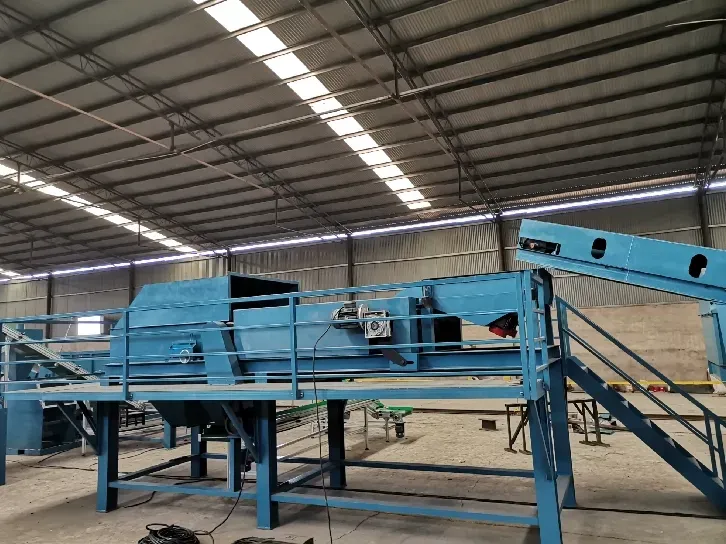

វិច្ឆិកា . 05, 2024 03:17 Back to list
How Do You Dispose of Electrical Items?
Disposing of electrical items responsibly is crucial for both environmental protection and public safety. As technology evolves, our reliance on electronic devices has skyrocketed, leading to an increased volume of electronic waste, or e-waste. E-waste includes a wide range of items, such as old computers, televisions, smartphones, and appliances. Proper disposal is essential since these items often contain harmful substances that can be detrimental to the environment if not handled correctly. Here are some guidelines on how to dispose of electrical items responsibly.
How Do You Dispose of Electrical Items?
2. Recycle One of the best ways to dispose of electrical items is through recycling. Many electronic devices contain valuable materials that can be recovered and reused. Look for e-waste recycling facilities in your area. Many cities offer drop-off centers specifically designed for recycling electronics. Additionally, some retailers have recycling programs where you can return old devices when purchasing new ones. This option not only helps reduce waste but also encourages responsible manufacturing practices.

3. Donate If your electronic item is still in working condition, consider donating it. Many charities, schools, and community organizations accept functional devices and can find them a new home. Donating helps others while extending the lifecycle of the product. Ensure that you wipe personal data from devices, such as computers and smartphones, before donating to protect your privacy.
4. Trade-In Programs Many retailers and manufacturers offer trade-in programs that allow you to exchange your old electronics for store credit or discounts on new items. This approach encourages responsible disposal and helps consumers reduce the cost of upgrading their devices. Be sure to understand the terms and conditions of these programs to maximize your benefits.
5. Avoid Landfills Never dispose of electrical items in regular trash bins. Landfilling e-waste poses significant environmental hazards due to the toxic substances they may contain, such as lead, mercury, and cadmium. These materials can leach into the soil and water, causing contamination and health risks for wildlife and humans alike.
In conclusion, responsible disposal of electrical items is essential for protecting the environment and ensuring public safety. By recycling, donating, utilizing trade-in programs, and adhering to local regulations, individuals can contribute to reducing e-waste and its negative impact. By making informed choices, we can all play a part in promoting sustainability and preserving our planet for future generations.
Latest news
The Future of Metal Recycling: Revolutionizing Waste Management
NewsMay.14,2025
Optimizing Waste with Recycling Lines
NewsMay.14,2025
Municipal Solid Waste Sorting Line: Revolutionizing Waste Management
NewsMay.14,2025
Metal Shredders: Essential Tools for Efficient Recycling
NewsMay.14,2025
Maximize Your Profits with a Copper Wire Granulator
NewsMay.14,2025
Home Metal Shredder: A Smart Choice for Your Home Recycling Needs
NewsMay.14,2025